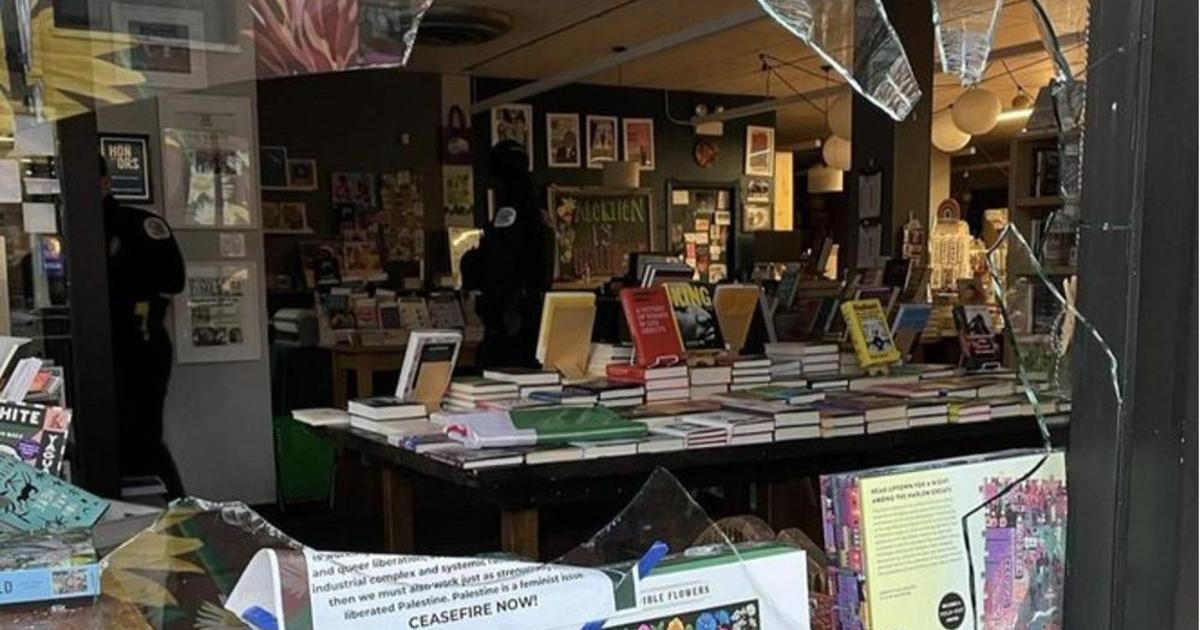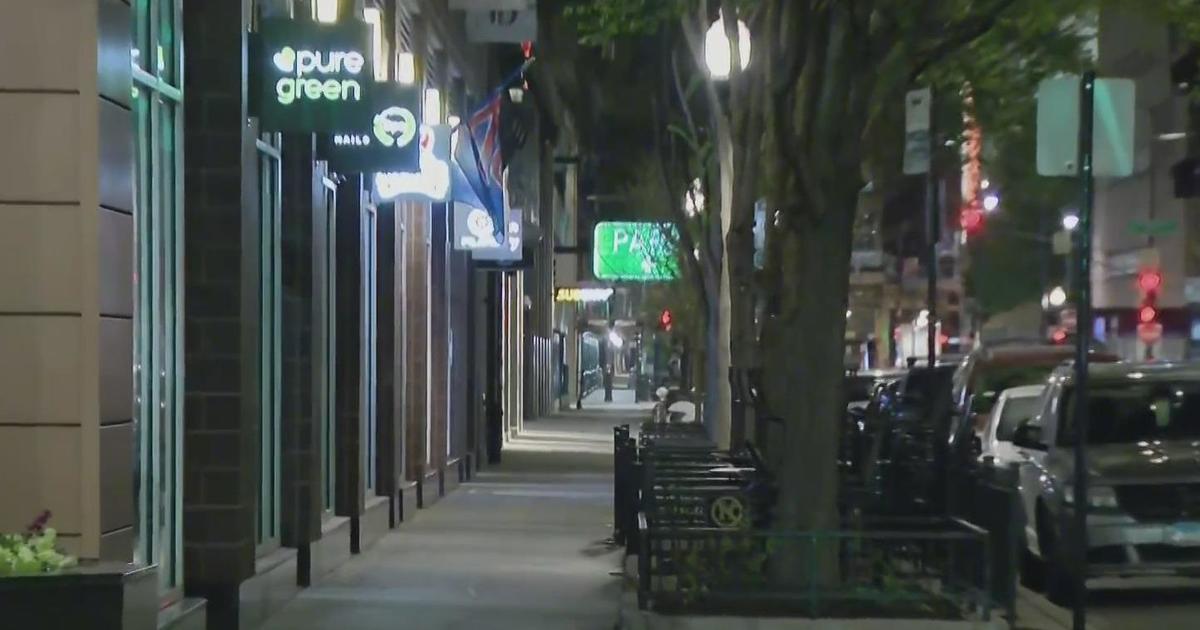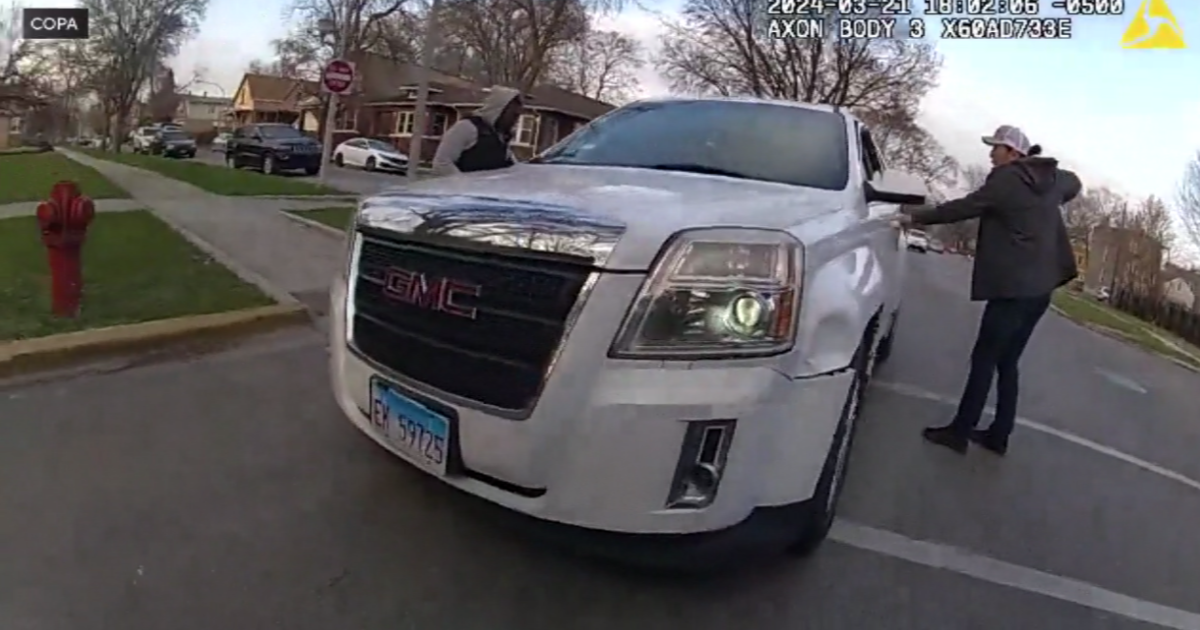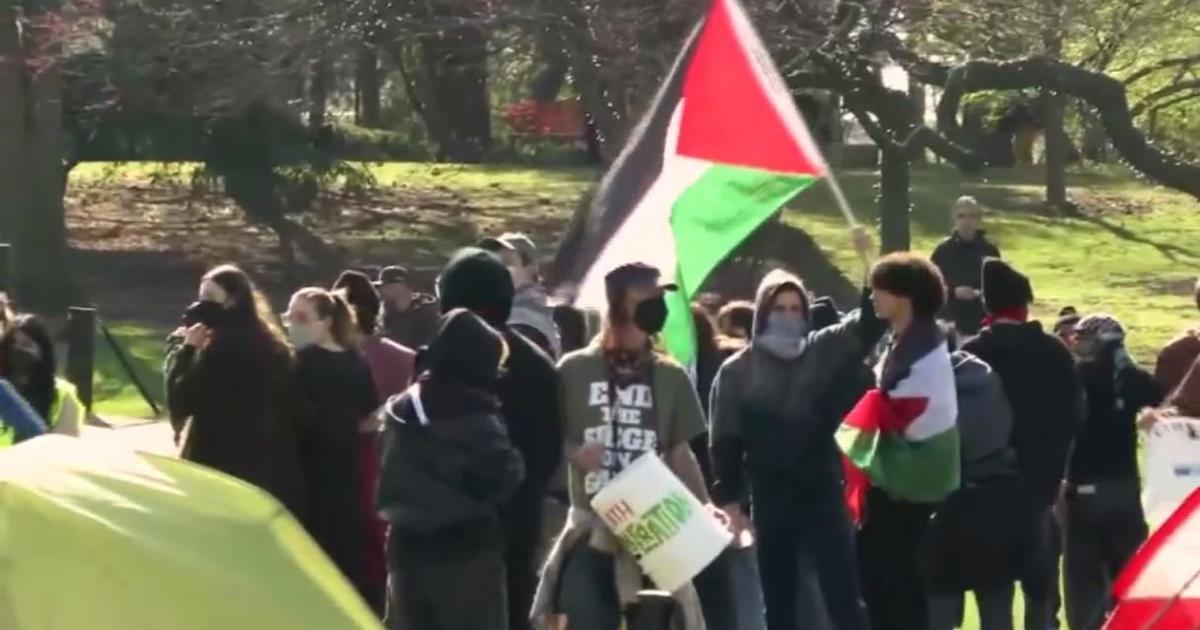Unrest In Chicago Not Without Precedent, But May Continue According To Social Media Posts
CHICAGO (CBS) -- Images of police and protesters clashing, sometimes leading to injuries, are becoming all too familiar in Chicago.
Add in looting and you've got a recipe for ongoing unrest. CBS 2 Political Investigator Dana Kozlov has the story.
For some, the scenes are disturbing and even anger-inducing. For others, the protests and even clashes with police are an act of necessity.
"We have neighborhoods across the city that need to be heard. And more than anything else, they need the resources and investment," said Ald. Byron Sigcho-Lopez.
That's how Ald. Sigcho-Lopez (25th) explained some of the unrest that's happened in the city over the past eight days. From the looting, to the protests and to the violence between protesters and officers. To be sure, there is finger pointing. Chicago Police Superintendent David Brown said protesters sparked most of the scuffles.
"We will not stand by breaking the law when people begin breaking the law," Brown said. But protesters said it's the other way around.
Northwestern University Professor Alvin Tillery, the Director of the Center for the Stud of Diversity and Democracy, said civil disobedience that turns violent is far from unprecedented in American history.
"I think the problem is that the media and the upper and middle classes of America expect every protest movement to look like the African American civil rights movement. Which used nonviolent protest, very disciplined, managed through organizations. And the reality is that through most of our history, has not been the mode of protest," Tillery said.
And, like Ald. Sigcho-Lopez, he said what we've seen in the downtown streets of late is akin to an act of desperation for systemic change. Except, in Tillery's view, the next step is missing.
"It's very good and effective in turning people out in the streets, but there's supposed to be a next step. The next step is supposed to be negotiations. The next step is supposed to be change, if you believe in that model from the 1950s and 1960s," Tillery said. "It doesn't seem to me that part is figured out."
Tillery added that protests and unrest that just keep going on as they have lately could turn any positive momentum for their ultimate goals into negative momentum and having the opposite of the intended outcome – what he called a regressive tax.
"No one is standing up and saying, 'What happened in Chicago last Monday, that's not us,' and that's problematic. That is the regressive tax that you're talking about and it could have political costs," Tillery said. "But I'm not sure that people that are out in the streets are interested in the politics."
There is no sign the protests are dying down. On Facebook, there are notices for more to occur on the Magnificent Mile later this month and into September. The alderman hopes conversations about specific, even legislative ways to address systemic inequalities, helps stop them.
"That's my concern. The more that we delay that conversation, the more that people see that we're not taking those events seriously," Sigcho-Lopez said.






